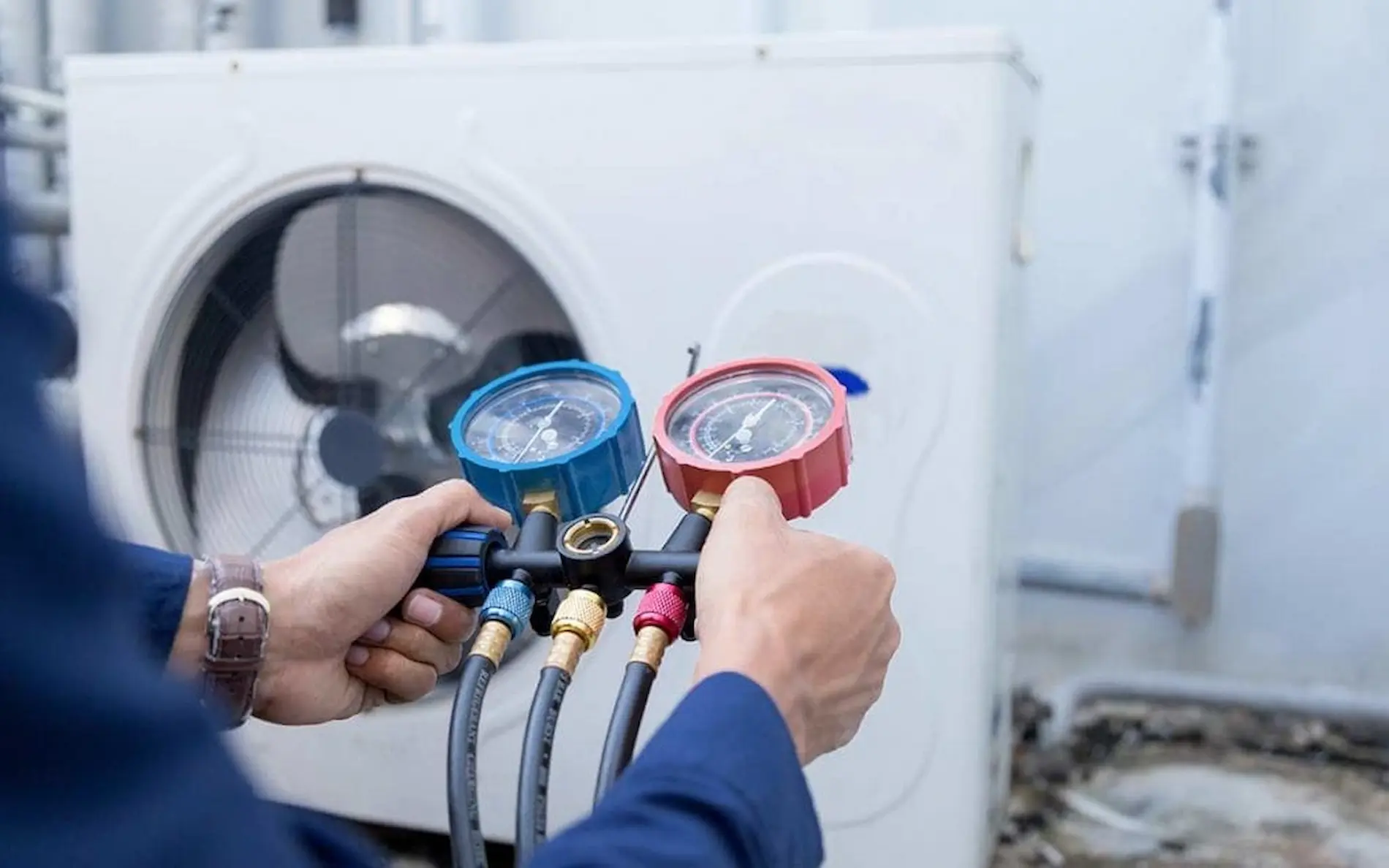Back to Blog
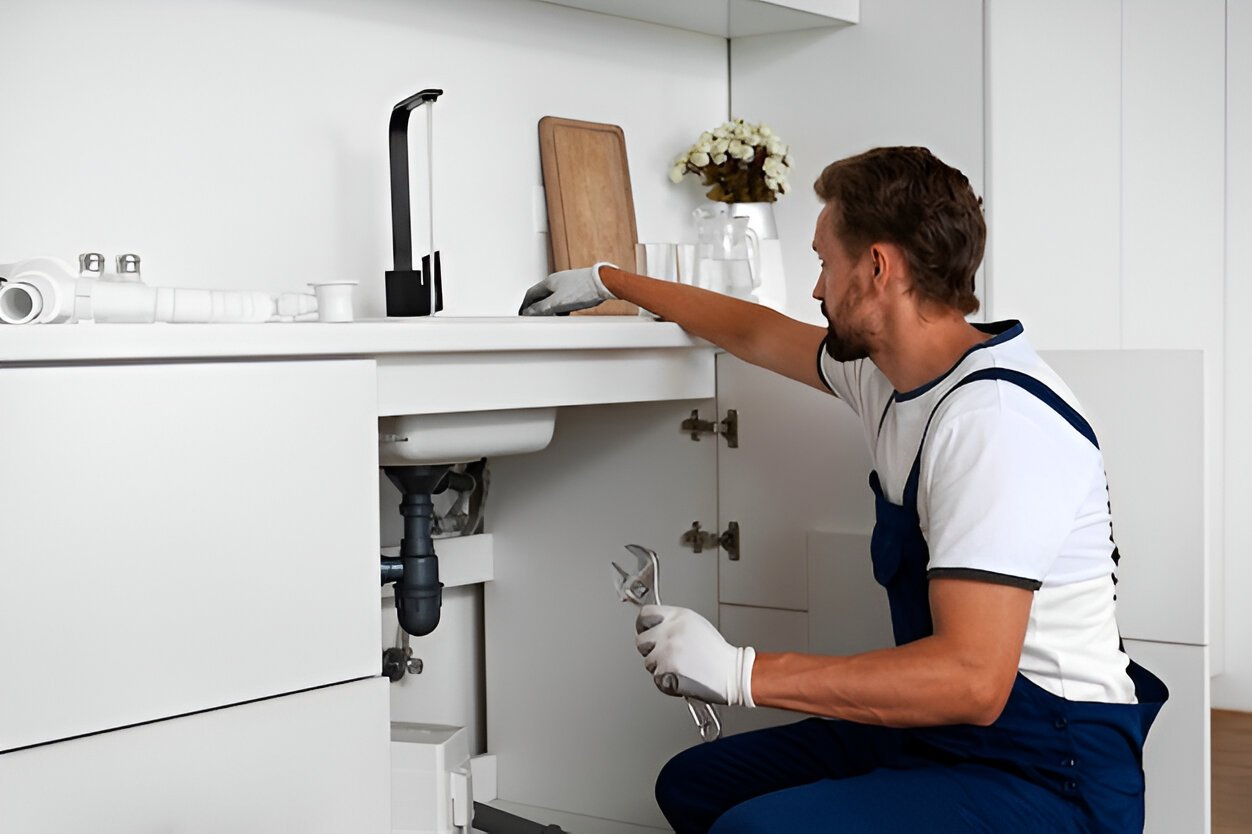
Whole House Repiping Des Moines | Lazer Home Services
In Des Moines, many homes were built decades ago, using outdated plumbing materials that have exceeded their expected lifespan. Over time, pipes corrode, develop leaks, and affect water quality. If your home is experiencing repeated plumbing issues, it may be time for a whole house repipe. Though it may sound like a large undertaking, repiping is one of the most effective ways to restore safety, efficiency, and long-term performance to your home’s plumbing system.
At Lazer Home Services, we provide whole house repiping services across Des Moines using the most reliable materials and techniques. In this guide, we’ll walk you through what to expect before, during, and after a full repipe so you can make informed decisions for your home.
Signs Your Home May Need Full Repiping
Most homeowners don’t consider repiping until they’re forced to. But the warning signs are often present long before major issues occur. Low water pressure, recurring leaks, rusty or discolored water, and strange odors are early indicators that your pipes may be deteriorating.
If your home still has galvanized steel or polybutylene pipes, you are at higher risk for corrosion and bursts. These materials were widely used in older homes but are now known for their unreliability. Homes with frequent slab leaks or pinhole leaks in copper pipes may also benefit from a full plumbing upgrade. If you’ve been patching leak after leak, a whole house repipe may offer long-term peace of mind and greater value.
What Happens Before the Repiping Process Begins
Before repiping starts, we perform a comprehensive assessment of your home’s plumbing. During this initial stage, our team evaluates pipe locations, material types, existing water damage, and access points behind walls or under flooring.
At Lazer Home Services, we believe in educating homeowners first. We’ll explain the full process, answer your questions, and provide a clear estimate. Once approved, we schedule the project to minimize disruption to your household. We also coordinate with city inspectors if permits are required and prepare your home for a safe and efficient repipe.
Step-by-Step Breakdown of the Whole House Repiping Process
A full repipe is a strategic process that typically involves several stages, each designed to replace old plumbing while keeping your home safe and functional. Here’s what happens during the actual repiping:
- Accessing the Plumbing System: Small sections of drywall or ceiling may be removed to access existing pipes. In some cases, this includes areas under sinks, behind appliances, or near the water heater.
- Shutting Off the Water Supply: To safely replace the pipes, we temporarily shut off the main water line and drain the system.
- Removing Old Pipes: All outdated or damaged piping is carefully removed and disposed of. This step is done methodically to avoid unnecessary demolition.
- Installing New Pipes: New pipingusually PEX or copperis installed according to your home’s layout. We secure connections and ensure correct routing for optimal water flow and pressure.
- Testing for Leaks: Once installation is complete, the system is pressurized and inspected for leaks. This includes water pressure checks and flow testing at each fixture.
- Patching and Restoration: We repair any drywall or flooring removed during access. Our goal is to leave your home in the same condition we found it only with a better plumbing system.
Materials Used in Modern Repiping (PEX vs. Copper)
Today’s repiping projects typically use one of two materials: PEX (cross-linked polyethylene) or copper. Each has advantages depending on your home’s needs and layout.
PEX is flexible, resistant to corrosion, and easier to install in tight spaces. It’s also more affordable and less likely to burst in freezing temperatures. Copper, on the other hand, is extremely durable, bacteria-resistant, and heat-tolerant, making it a popular choice for high-end applications.
At Lazer Home Services, we help you choose the right material for your home, budget, and long-term goals. Both options offer significant improvements over outdated galvanized or polybutylene piping.
How Long Does Whole House Repiping Take?
The time it takes to complete a whole house repipe depends on your home’s size, layout, and the type of pipes being installed. In most Des Moines homes, the job takes 3 to 7 days from start to finish.
Smaller homes or those with crawlspaces tend to be faster. Larger or multi-level homes may require more time for access and restoration. We always plan repiping projects in phases to minimize water shutoffs and keep your home livable throughout the process.
If you need a fast turnaround or have scheduling concerns, contact us to discuss your timeline and priorities. We’re flexible and experienced in completing repiping projects on your terms.
Will Repiping Disrupt My Daily Life? What to Expect
While repiping is a construction project, it doesn’t have to turn your home upside down. Our team works in specific zones, leaving the rest of your house untouched during each stage. Most of our customers can remain in their homes during the entire process.
We also provide daily updates so you know what to expect and when each section of your plumbing will be complete. After each day, we clean the workspace, seal access points where necessary, and ensure you still have access to essential water fixtures whenever possible.
With the right preparation, whole house repiping is a manageable project that brings years of long-term benefits.
Partner with Lazer Home Services for Expert Repiping in Des Moines
Whole house repiping isn’t just about replacing pipes, it’s about restoring comfort, safety, and reliability to your home. At Lazer Home Services, we’ve been trusted by Des Moines homeowners for decades. We use premium materials, advanced techniques, and experienced technicians to deliver clean, efficient, and code-compliant results.
Whether your plumbing system is showing signs of age or you’re planning a proactive upgrade, we’re here to help from the first inspection to the final walk-through. Contact our team today and take the first step toward a plumbing system built to last.
Conclusion
Whole house repiping may seem like a major project and it is but it’s also one of the most valuable plumbing upgrades you can invest in as a homeowner. Whether you’re dealing with outdated galvanized pipes, recurring leaks, or poor water quality, repiping restores your home’s plumbing from the inside out. The process is planned, efficient, and far less disruptive than most people expect. With expert support from Lazer Home Services, Des Moines homeowners can enjoy peace of mind and a better-performing plumbing system for decades to come.
Why Choose Lazer Home Services for Repiping in Des Moines?
At Lazer Home Services, we specialize in repiping installation for homes throughout Des Moines and surrounding areas. Our licensed professionals are trained in modern pipe systems like PEX and copper, and we tailor every job to meet the unique needs of your property. We handle everything from inspection and planning to full restoration with care, transparency, and a commitment to quality. Our work is backed by years of experience, proven results, and a reputation built on trust.
Areas We Proudly Serve
Lazer Home Services proudly serves Des Moines and many nearby Iowa communities, including Altoona, Ames, Ankeny, Bondurant, Carlisle, Clive, Grimes, Johnston, Norwalk, Pleasant Hill, Urbandale, Waukee, West Des Moines, and Windsor Heights. If your home in any of these areas is experiencing aging plumbing or constant repairs, we’re ready to help.
FAQ – Whole House Repiping in Des Moines
Q1: Do I need to leave my house during repiping?
Not usually. In most cases, homeowners can remain in the house during the repiping project, as we work in sections and ensure access to basic water functions each day.
Q2: How much does whole house repiping cost in Des Moines?
Costs vary based on home size and material used. On average, repiping may range between $4,000 and $15,000. We provide upfront, detailed estimates.
Q3: What kind of pipes will be installed?
We typically recommend PEX or copper, depending on your home’s layout, budget, and water usage. Both are durable, modern, and meet current code standards.
Q4: Will my walls and floors be damaged?
Some small access holes are necessary, but we repair all openings after the repiping is complete. We take great care to protect your home during every step.
Q5: Is repiping covered by homeowner’s insurance?
Insurance may cover damage caused by failing pipes, but it usually doesn’t cover preventive repiping. We offer financing options and affordable solutions.
Recent News
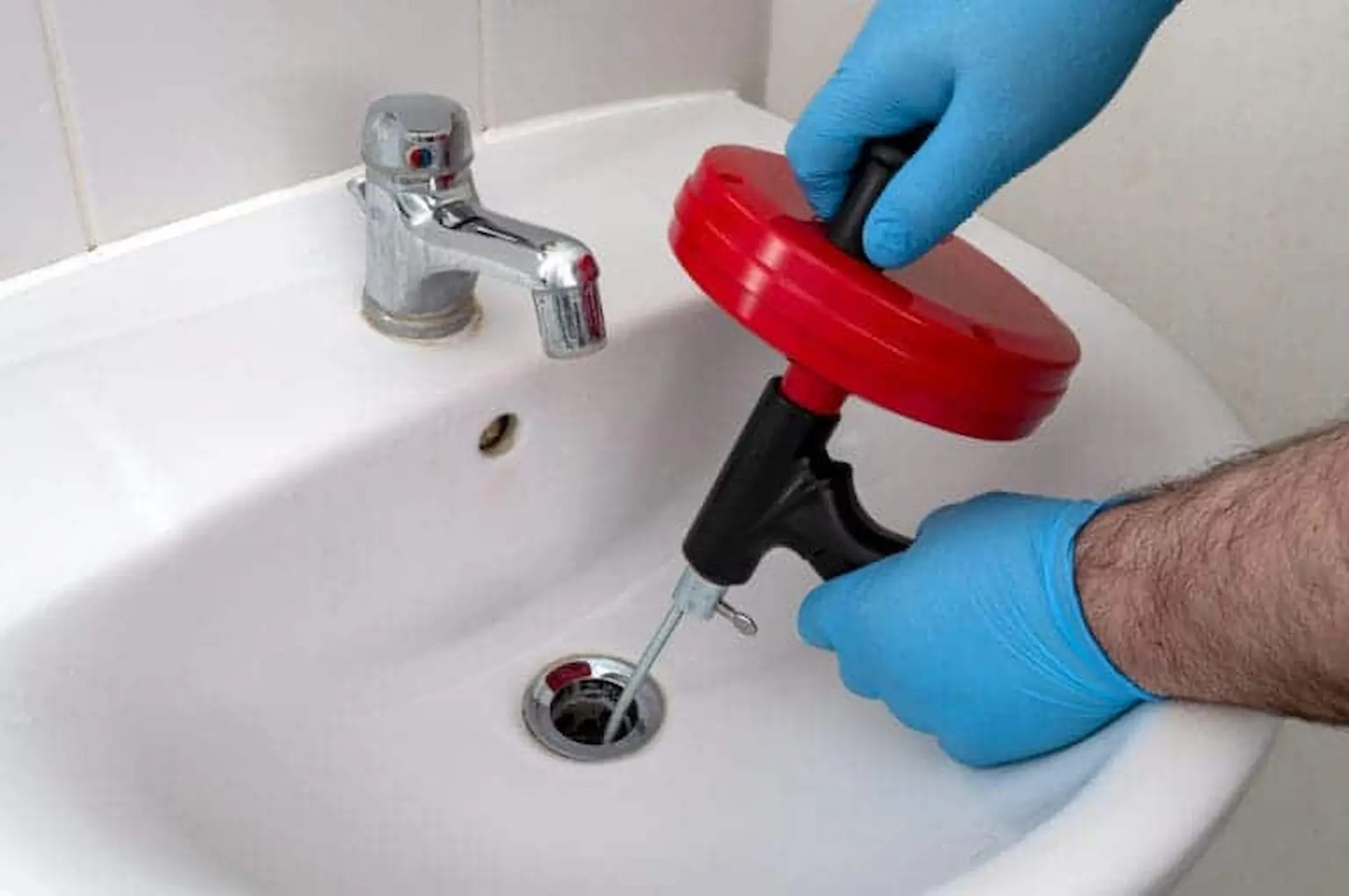
Residential Drain Cleaning in Des Moines | Lazer Home Services
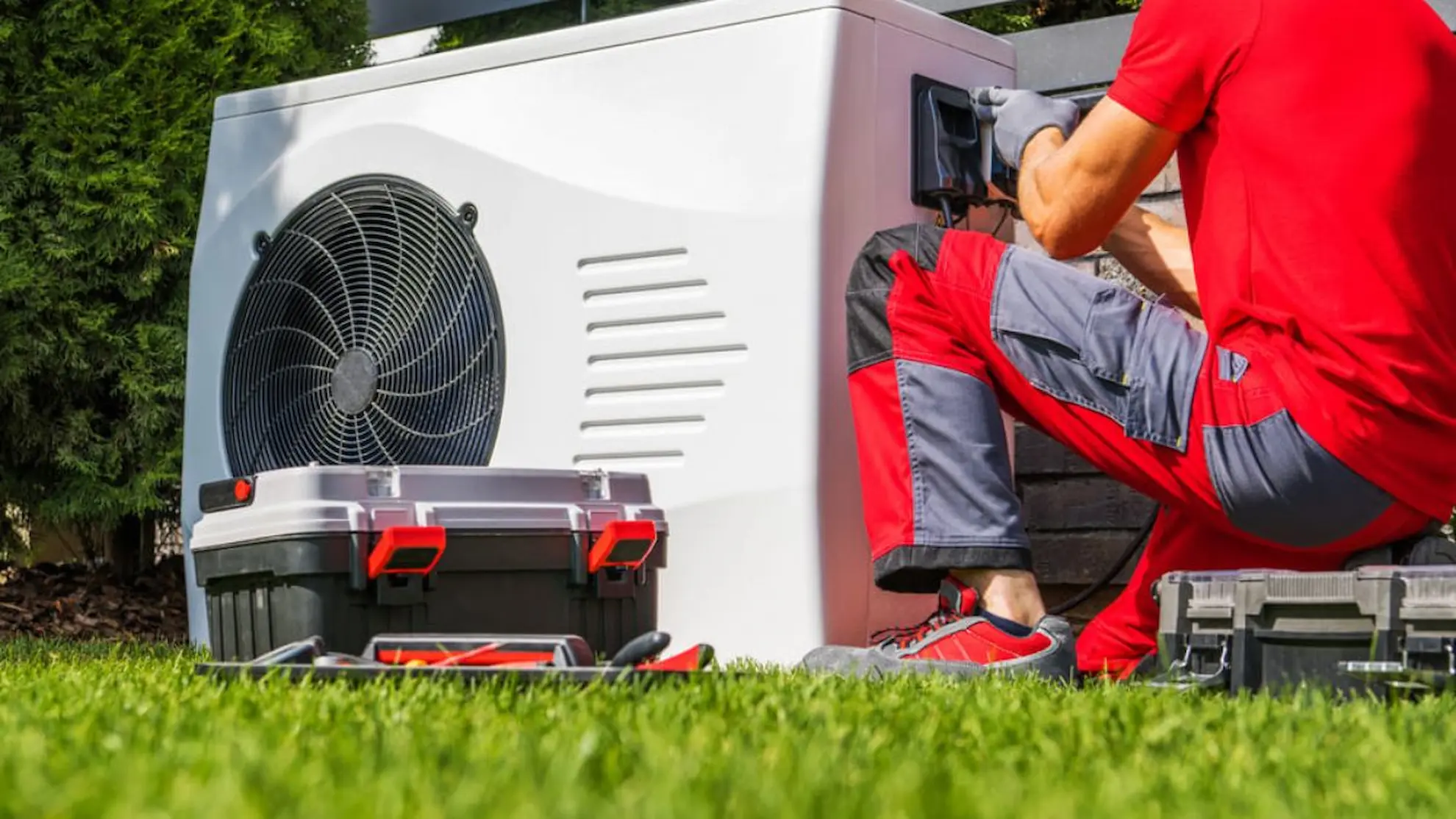
Heat Pump Repair and Installation Solutions in Des Moines.

How to Detect Hidden Pipe Leaks | Lazer Home Services
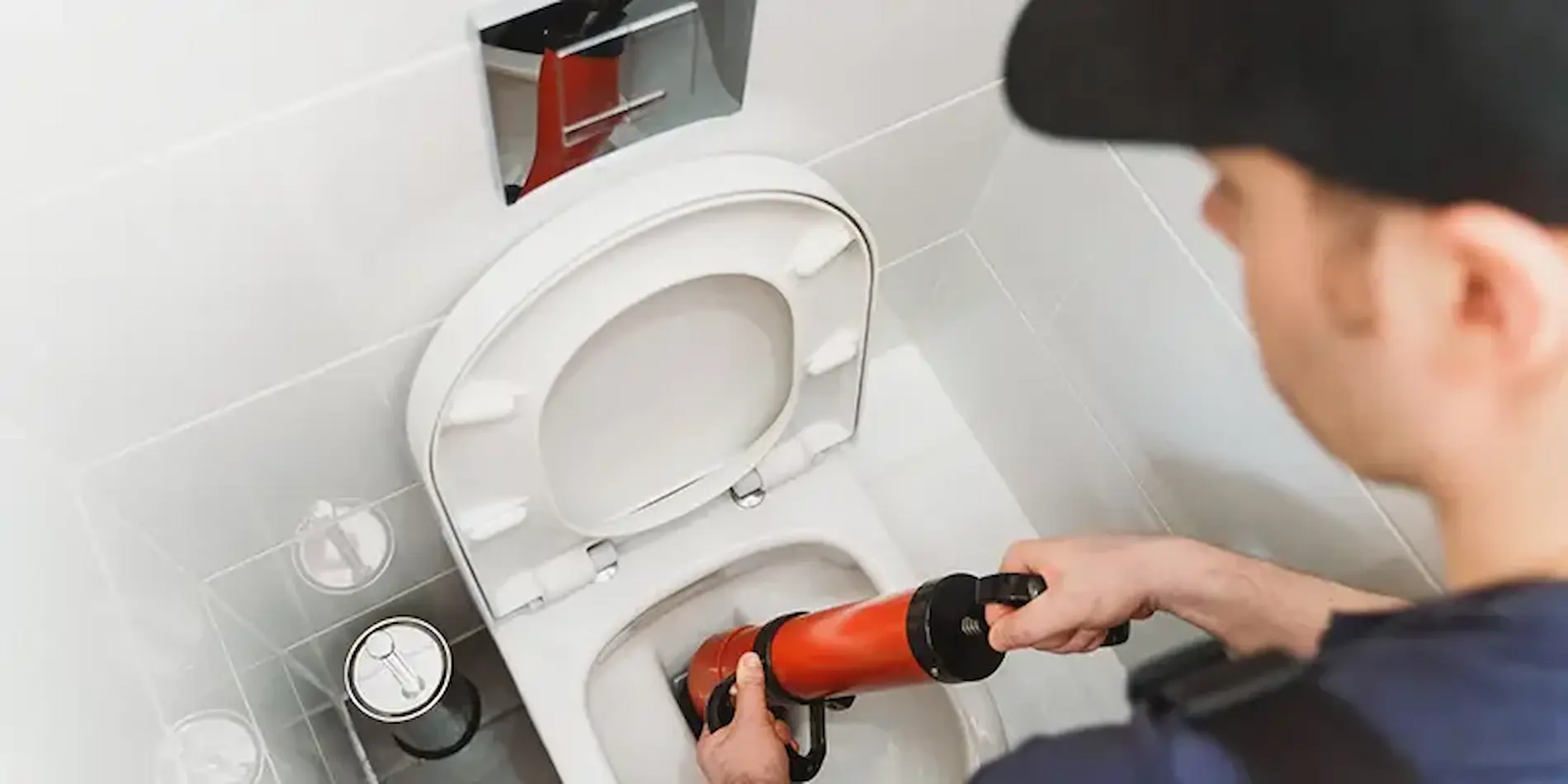
5 Early Warning Signs Your Home Plumbing Needs Urgent Attention
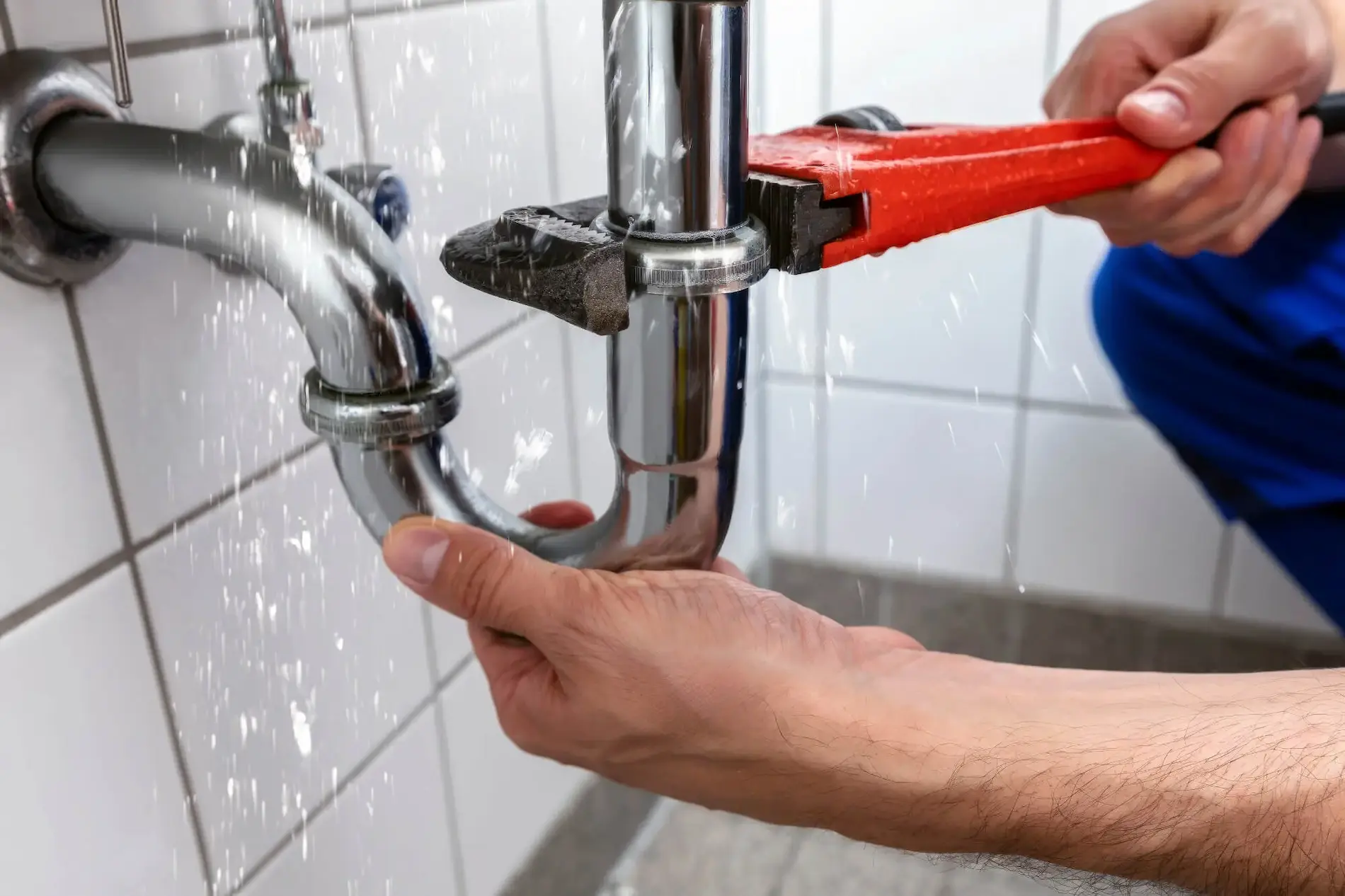
Plumbing Maintenance Checklist Des Moines | Lazer Home Services
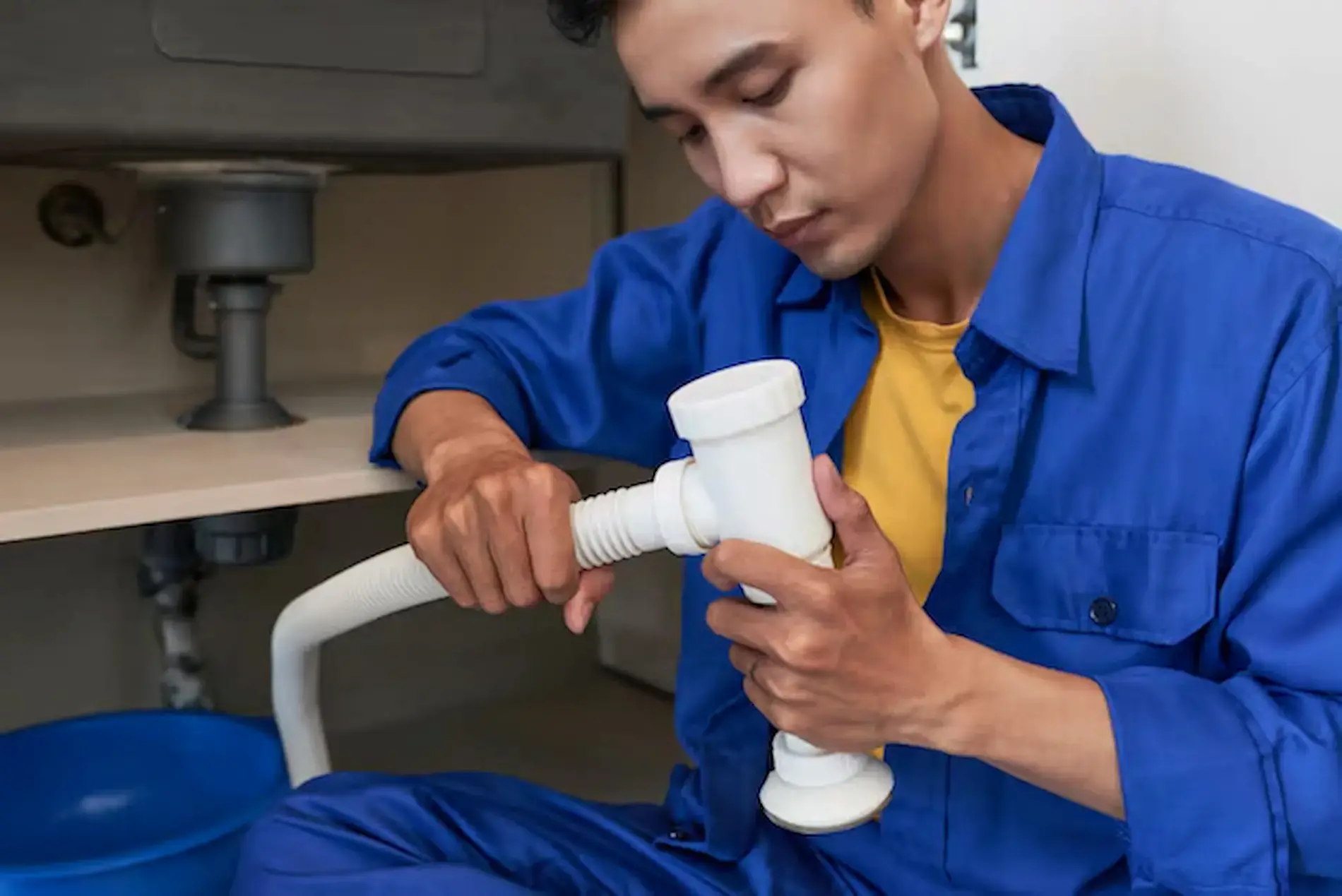
Leak Detection and Repair in Des Moines | Lazer Home Services
